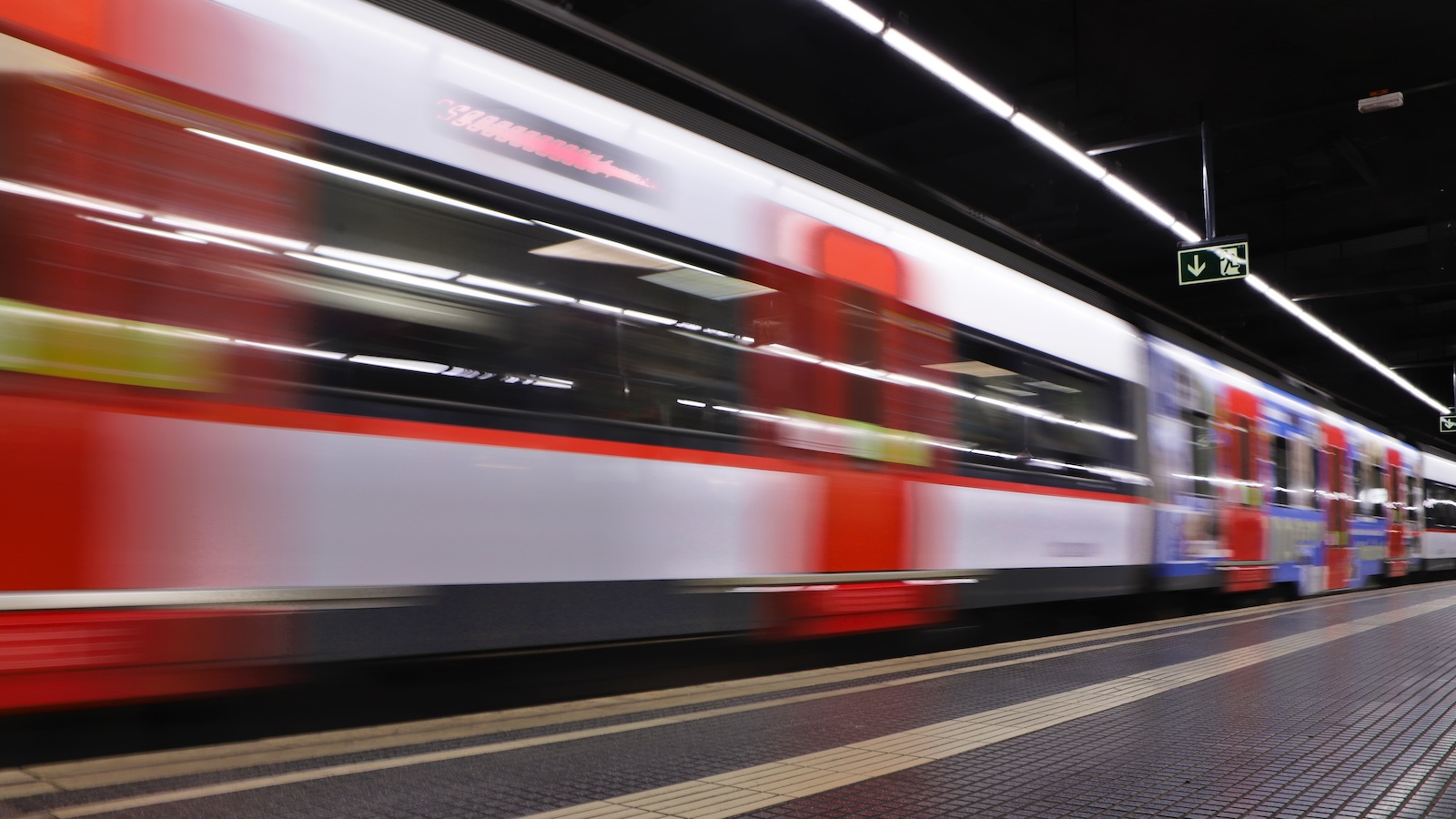- cross-posted to:
- technology@lemmy.world
- cross-posted to:
- technology@lemmy.world
[…]Using technology not unlike the regenerative braking found in hybrids and electric vehicles, the trains they rode generated some of the power flowing to the EV chargers in the nearby parking lot, the lights illuminating the station, and the escalators taking them to the platforms.
Every time a train rumbles to a stop, the energy generated by all that friction is converted to electricity, which is fed through inverters and distributed throughout the subway system. One-third of that powers the trains; the rest provides juice to station amenities and a growing network of EV chargers.
Each year, residents and tourists take 440 million trips on Barcelona’s subway system, which includes 165 stations linked by 78 miles of track. The transit agency has installed three inverters so far; 13 more are in progress. Once they’re all in place by the end of September, it expects regenerative braking to provide 41 percent of the energy needed to power the trains, a renewable source of energy it says will save about 3.9 metric tons of CO2 emissions annually.



I would guess it’s the latter; the trains draw power from the grid to accelerate, and dump power back into the grid when they decelerate.